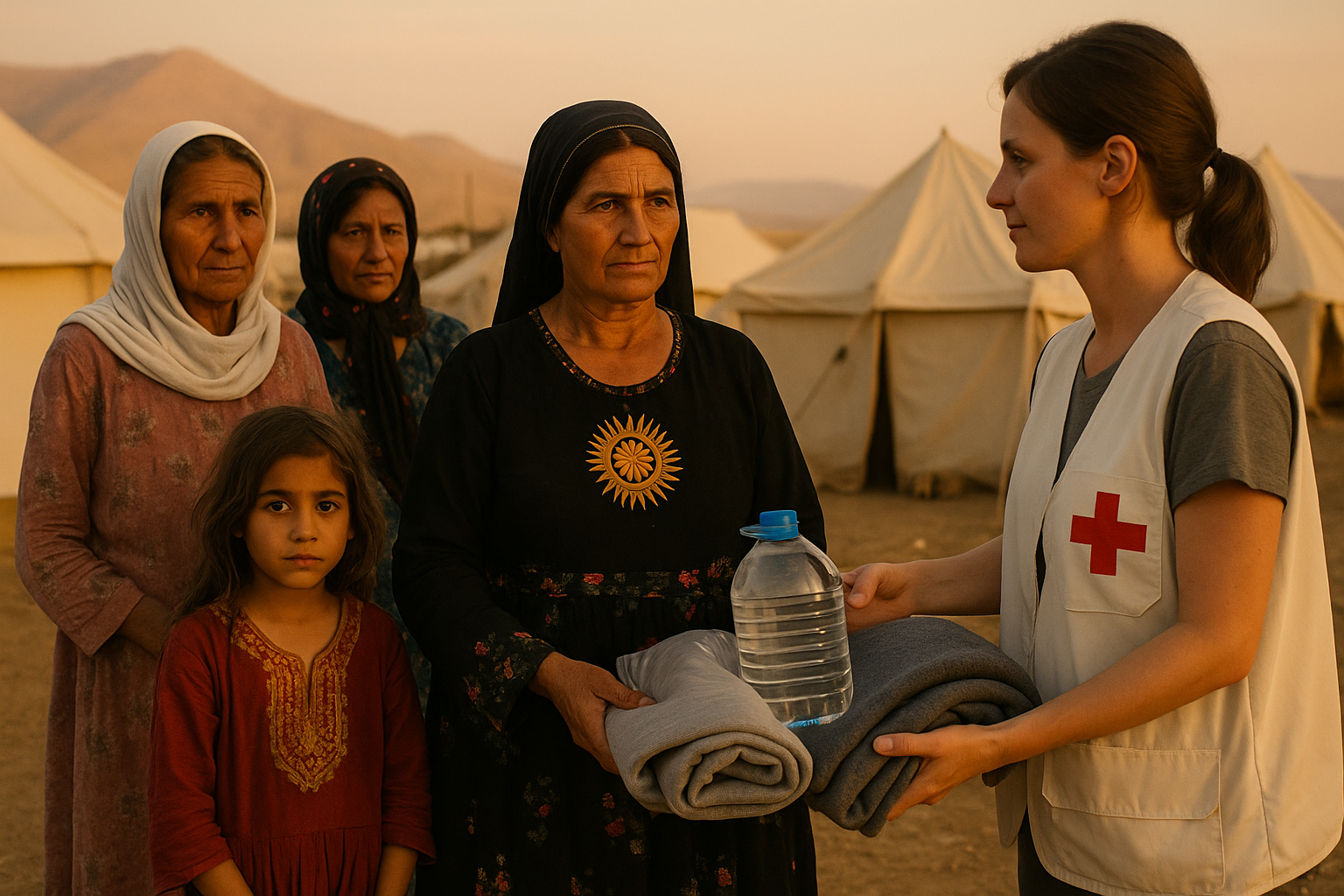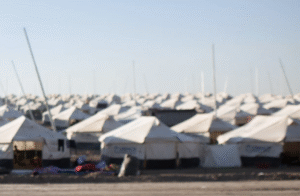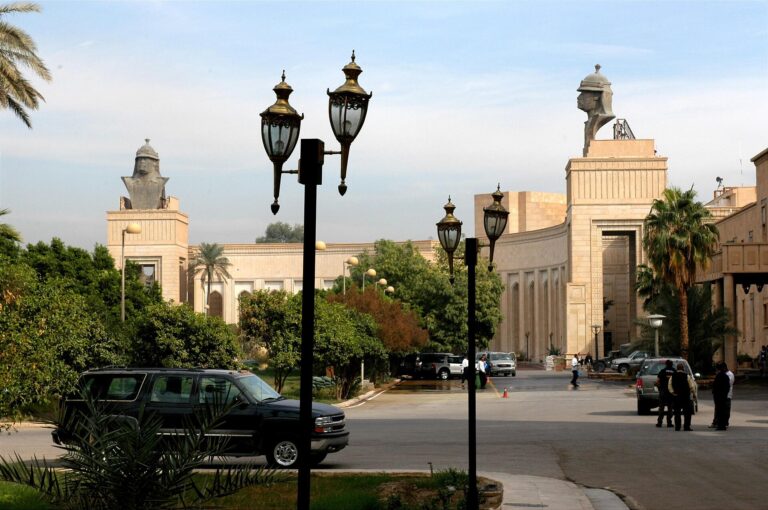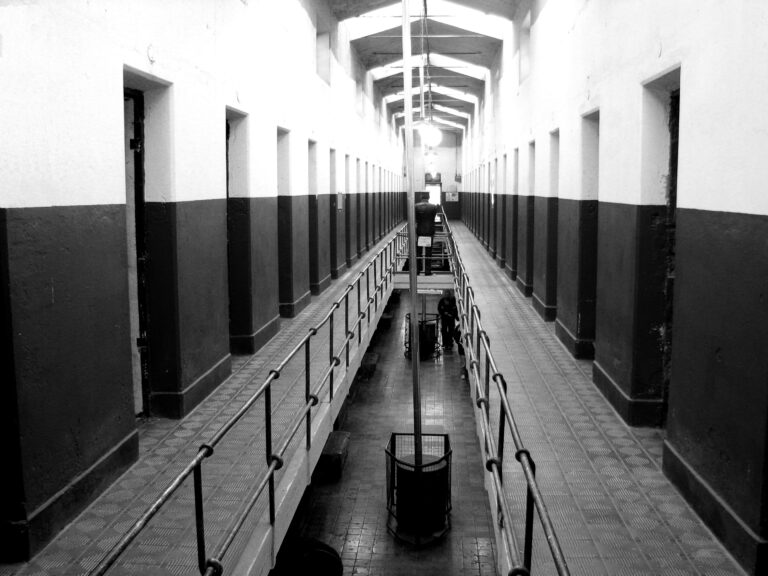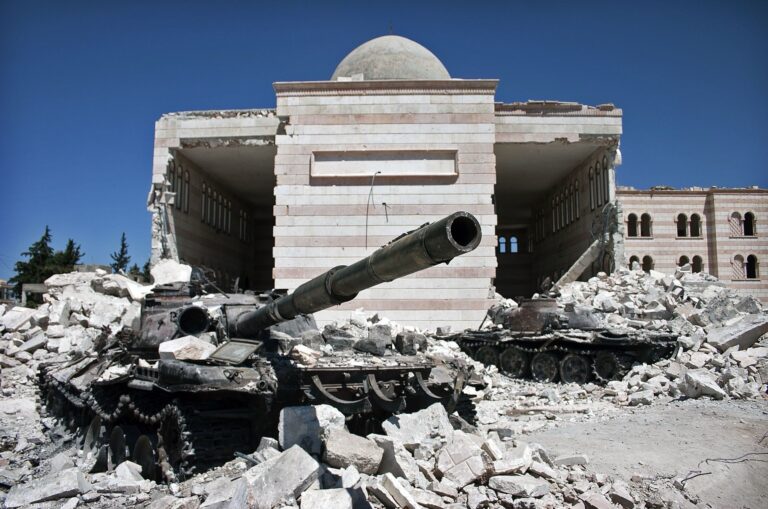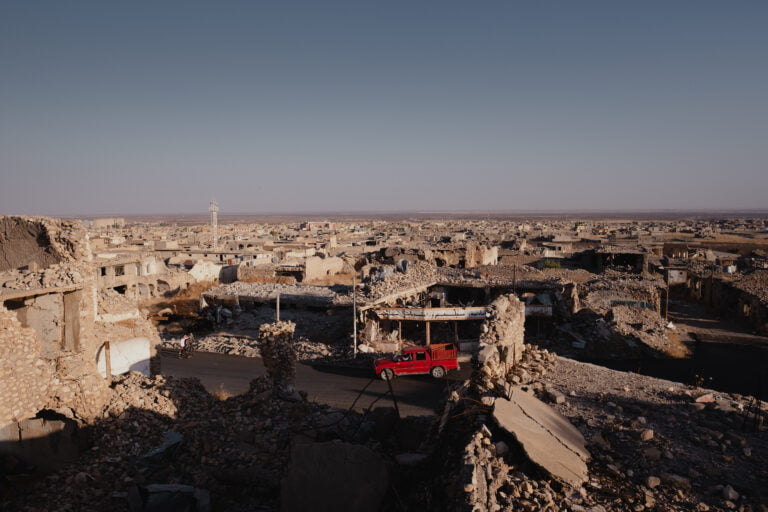The Ezidi people endured brutal attacks in 2014 when ISIS forcibly displaced them from their ancestral homeland in northern Iraq, killing and enslaving thousands. ISIS falsely accused the Ezidis—whose ancient religion, Sharfadin, has roots in Mesopotamia—of worshipping Satan. After the military defeat of ISIS, many Ezidis remained in United Nations camps for internally displaced persons, relying heavily on humanitarian assistance.
USAID played a critical role in providing essential services such as food and healthcare to over 30,000 Ezidis in Sinjar. However, recent funding cuts have severely restricted access to these vital resources, exacerbating the vulnerability of the Ezidi population. The broader impact of USAID’s efforts in the Middle East remains contested, as billions of dollars in aid have not resulted in lasting stability, prosperity, or democracy.
Faith-based aid efforts have also faced scrutiny. Some Iraqis and expatriates have expressed concern that certain Christian organizations intertwine humanitarian work with attempts at religious conversion. While many large humanitarian agencies withdrew in 2019 as global crises shifted focus, smaller Christian organizations, often supported by church foundations and independent donors, continue to provide food distribution, vocational training, and medical care to the Ezidi people, particularly in the northern governorate of Duhok and surrounding regions.
These aid organizations typically separate their humanitarian work from church ministry. The regional government has shown relative religious tolerance by recognizing multiple Christian denominations alongside the majority Sunni Muslim population and the Ezidis. However, efforts to convert Ezidis remain highly sensitive due to cultural and religious norms.
Incidents where Christian groups have distributed religious materials or conducted prayer sessions perceived as disrespectful to the Ezidi faith have caused significant tension within Ezidi communities. Conversion from Sharfadin often leads to ostracisation from family and community, and converts are typically unable to return to their original faith.
Humanitarian groups that avoid mixing aid with proselytizing tend to maintain better relations with Ezidi communities and local authorities. Programs promoting religious tolerance and coexistence have been conducted with government, religious, and community leaders, focusing on shared ethics, neighbourliness, and common citizenship rather than theological differences.
This approach has helped foster greater understanding and peaceful coexistence among Muslims, Christians, and Ezidis in the region. Mutual respect and collaboration contribute to improved conditions for displaced populations and reinforce the idea that strength comes from loving and supporting one another across religious lines.
